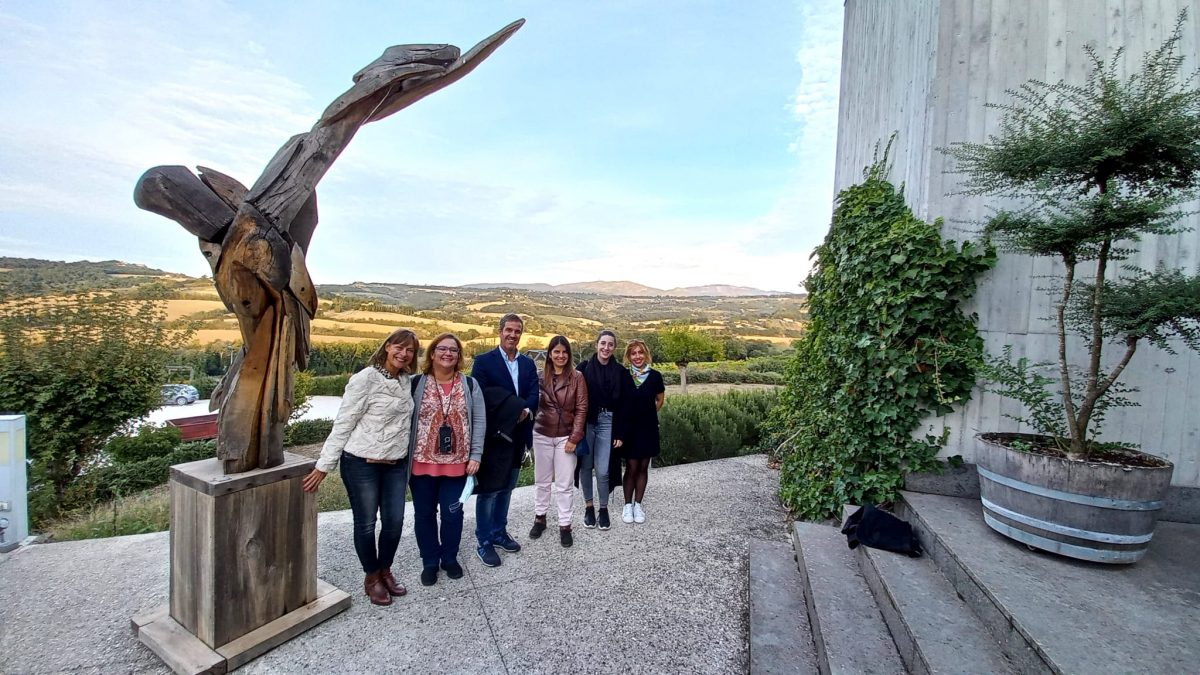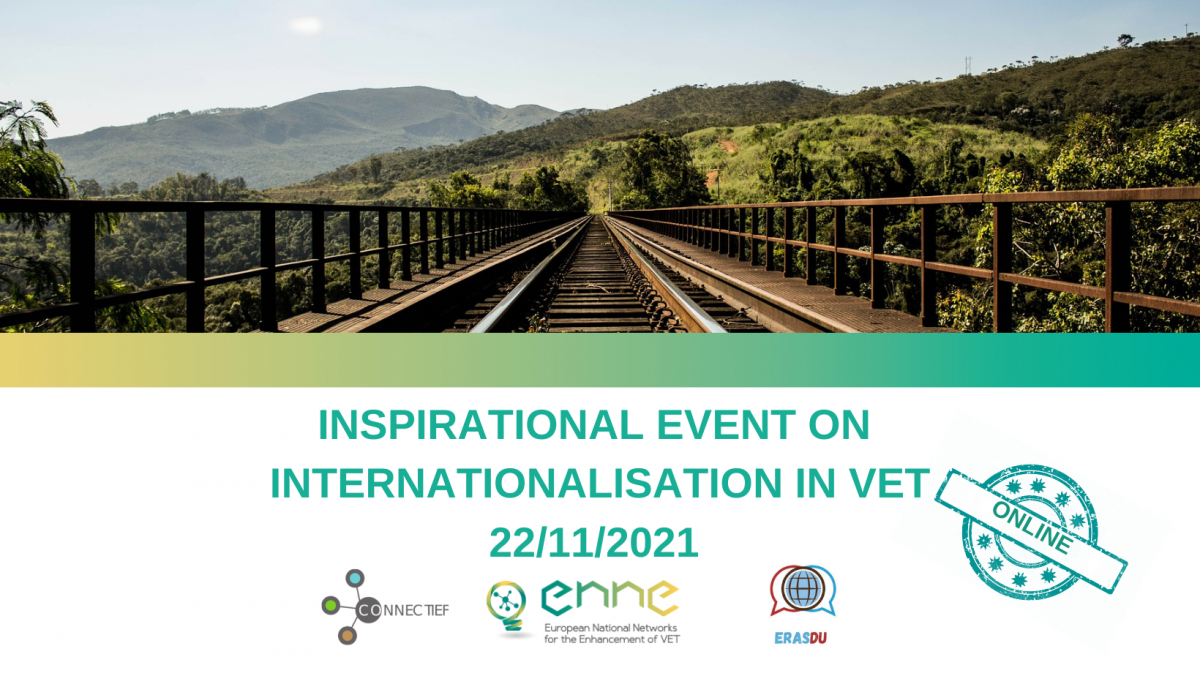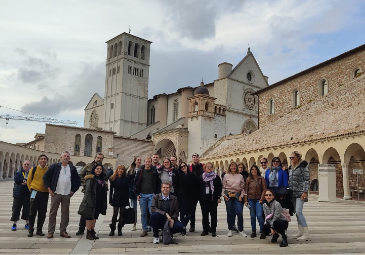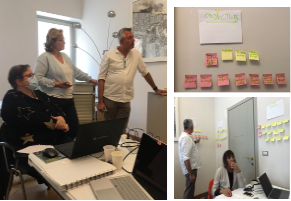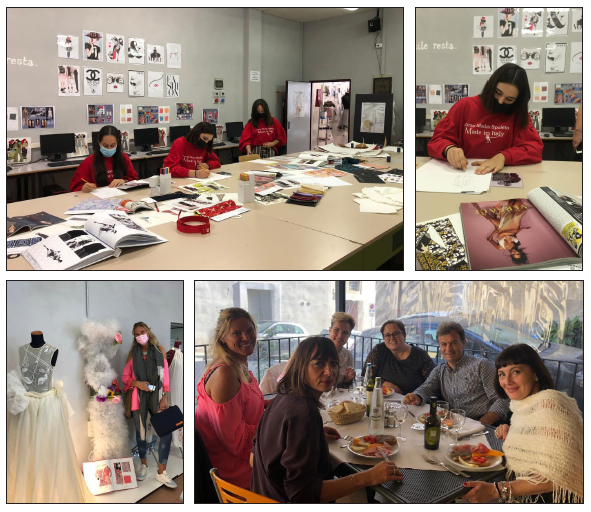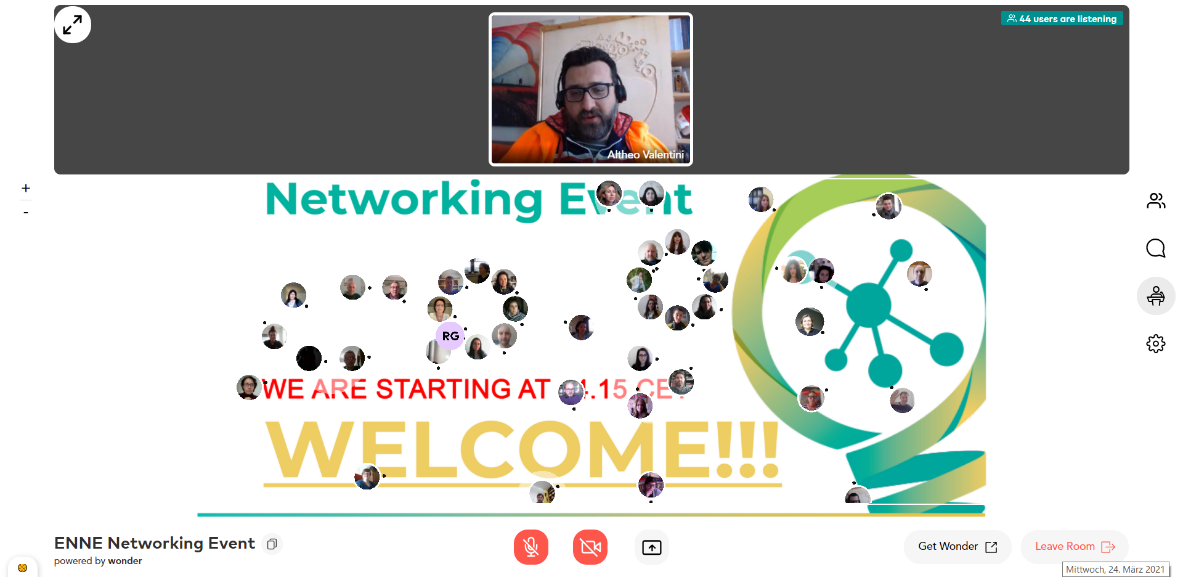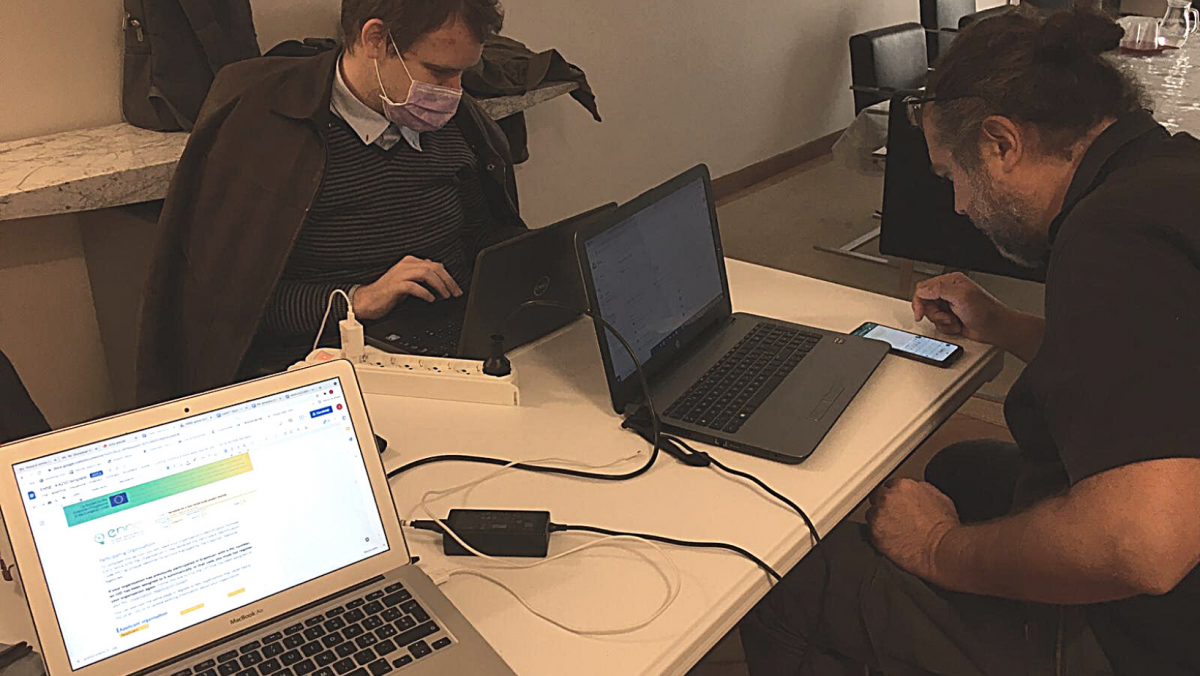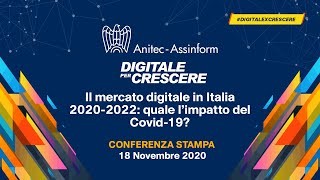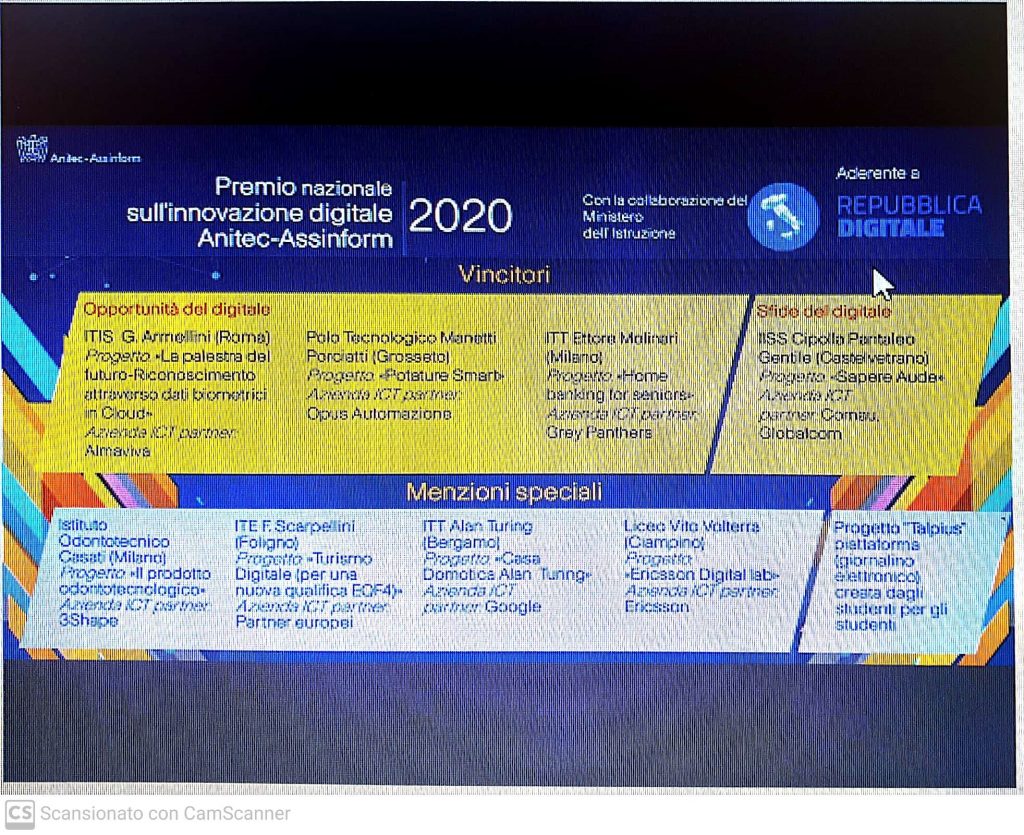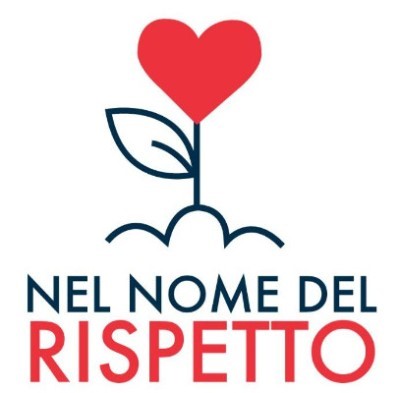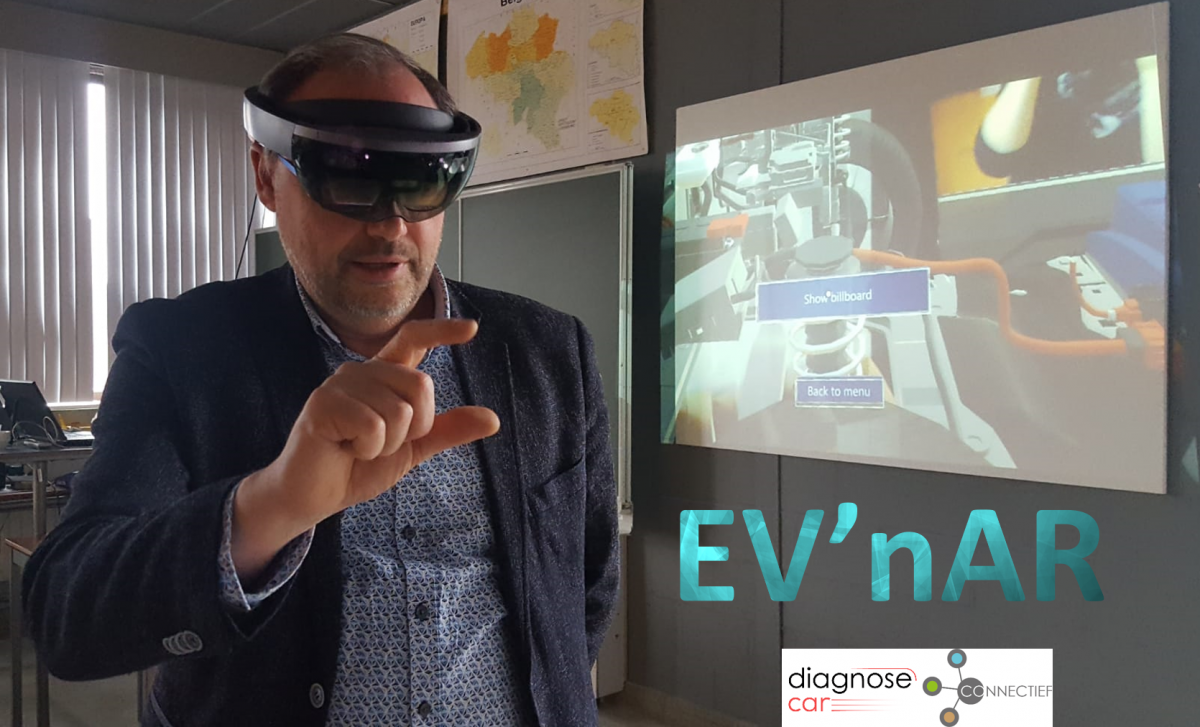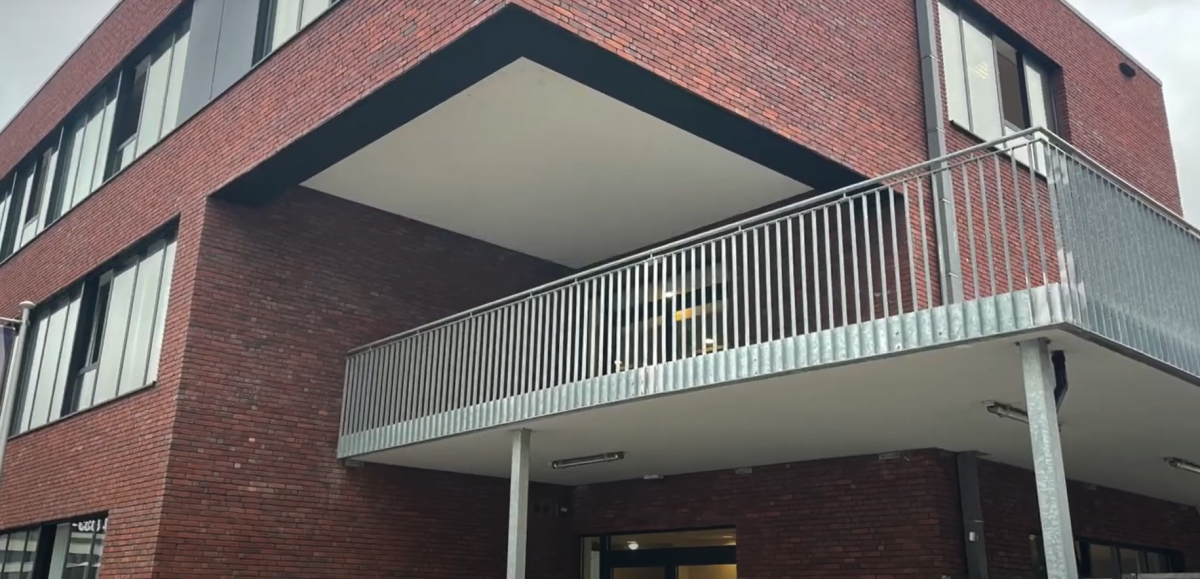“The main hope of a nation lies in the proper education of its youth”
Erasmus of Rotterdam
The blended course on Erasmus+ KA2 project proposals writing, offered by the ENNE project,
started in April 2021 and ended in October 2021, with a face-to-face workshop in Foligno, Italy.
Five schools from the Portuguese National Network had the opportunity to send their
representatives to Foligno for the face-to-face workshop.
− Sandra Machado from Escola Secundária Francisco de Holanda, Guimarães, Portugal
− Isabel Amorim from Escola Secundária de Felgueiras, Felgueiras, Portugal
− Kelly Florêncio from Escola Profissional de Campanhã, Porto, Portugal
− Hugo Martins from ETAP – Escola Profissional, Caminha, Portugal
− Rita Oliveira from EPROMAT – Escola Profissional de Matosinhos, Matosinhos, Portugal
The group met for the first time at the airport, on the day of departure for Italy, and right there it was possible to see that the whole group shared the same spirit, which lasted until the last
day: to make the most of the experience to exchange knowledge, experiences, and to work on the projects proposals.
“I am a trainer, in the field of Tourism, and it was with great pleasure that I participated in the workshop in Foligno, in partnership with Arts & Skills. It was a very enriching experience, with the exchange of knowledge, sharing of methods, and the interaction with participants from several European countries and schools.”
“The face-to-face workshop in Foligno was my first Erasmus+ mobility experience. It allowed the
consolidation of the group work and the collaboration among the partners of the European ENNE network, particularly between the partners of my project proposal (group 2). It also
promoted synergies and the common interests among the different institutions present, which allowed the participants to establish new contacts, plan future collaborations and exchange
knowledge, experiences and resources.”
During the week of the face-to face workshop, the participants had a full programme: during the
mornings, everyone had the opportunity to work on their project proposals, and after lunch, they
were able to visit local schools and laboratories:
“The programme of the workshop always started with work sessions, including talks and small
conferences. These moments were very relevant to strengthen the work that had been
developed since the beginning of the course. The experience of exchange and sociocultural
the interaction was also a very important part of the training since it provided contact with local schools, laboratories and exchange of technical and cultural experiences.”
With a full and diverse programme and a very sunny week, the participants from the Portuguese
Network consider the workshop a success!
“This experience was an excellent time and context for socialisation among all of the partners.
My initial expectations were clearly exceeded. The organisation was irreprehensible. It was
possible to develop our work with the project proposals, according to the objectives, to visit other cities in the Umbria region and to have varied cultural experiences.”
“The organization was very well designed, from the working sessions to the logistics involved. It
was indeed an enriching week, full of exchanging knowledge, experiences, and insights that will always stay positive in my professional and personal path.”
